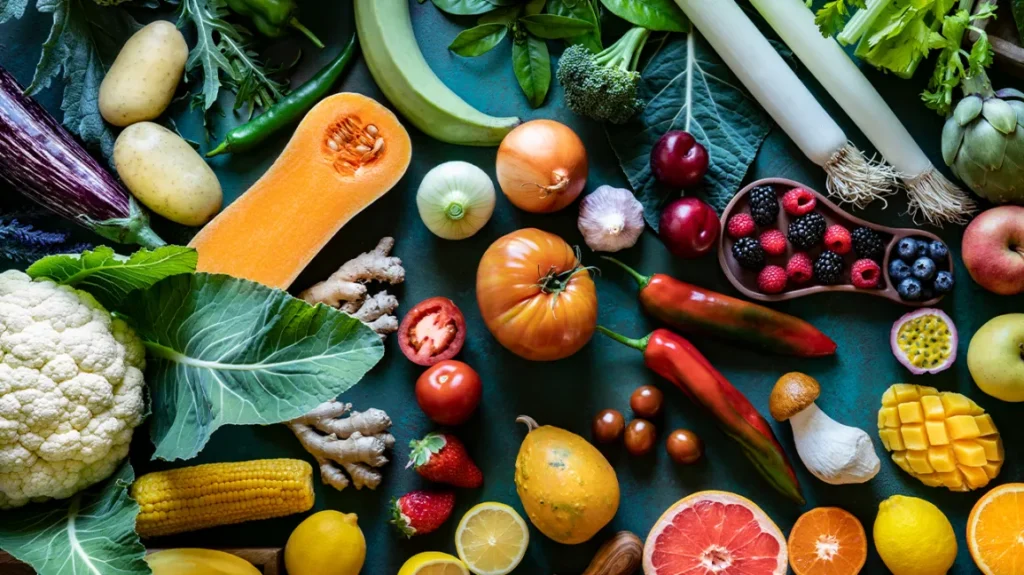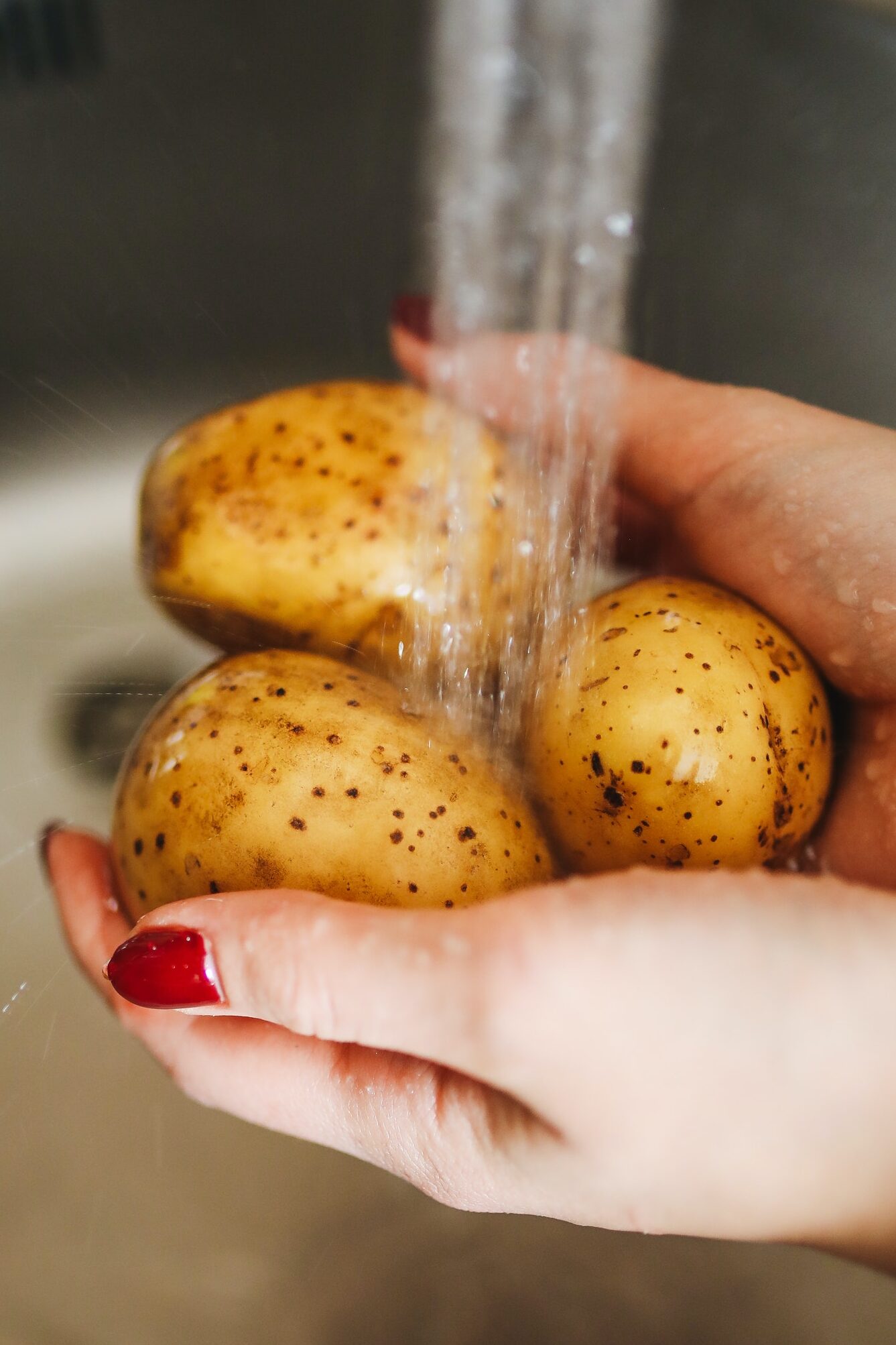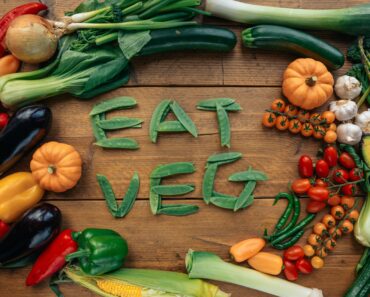Different Types of Vegan Diets
Veganism is a way of living that excludes all forms of animal exploitation whether for food, clothing, or any other purpose. For these motives, the vegan diet is devoid of all animal products, including dairy, meat, and eggs. People select to follow a vegan diet for many reasons. These typically range from ethics to environmental concerns, but they can stem from a want to improve health. Here is a vegan diet for beginners.
There are different varieties of vegan diets.
The most common include:
Whole-food vegan diet
A diet based on a wide variety of whole plant foods like vegetables, fruits, legumes, whole grains, nuts, and seeds.
Raw-food vegan diet
A vegan diet based on raw nuts, fruits, vegetables, seeds, and plant foods cooked at temperatures below 118°F (48°C).

80/10/10
The 80/10/10 diet is a raw-food vegan diet that limits fat-rich plants like avocados, nuts and relies mainly on raw fruits and soft greens instead. Also called as the low-fat or raw-food vegan diet or fruitarian diet.
The starch solution
A low-fat, higher-carb vegan diet same to the 80/10/10 but that focuses on cooked starches such as potatoes, rice, and corn rather than fruit.

Raw till 4
A low-fat vegan diet inspired by the 80 or 10 or 10 and starch solution. Raw foods are consumed unless 4 p.m., with the option of a cooked plant-based meal for dinner.
The thrive diet
The thrive diet is a raw-food vegan diet. Followers eat plant-based, whole foods that are raw or minimally cooked at lower temperatures.
Junk-food vegan diet
Nutritional Advice That Can Be Easily Followed
Important Nutrients
These’re common questions people ask when discussing a plant-based diet. Luckily, a well-planned plant-based diet can simply offer all the nutrients essential to thrive. Properly planned vegetarian, also vegan diets are healthful, nutritionally sufficient, and can offer health advantages for the prevention and treatment of certain diseases.
These diets are suitable for all stages of the life cycle, childhood, pregnancy, lactation, infancy, older adulthood, and for athletes. Part of a planned vegan diet is knowing what nutrients are essential and how to get them into your diet. Overall, concentrate on eating a varied diet that involved protein, vegetables, whole grains, fruits, and either dairy or dairy alternatives for calcium.
Some important nutrients to be aware of include, omega-3 fatty acids, iron, protein, vitamin C, vitamin B-12, calcium, zinc.
Protein
Most vegans and vegetarians meet or exceed their protein needs. Concentrate on adding protein-rich foods such as seeds, legumes, nuts, and soy to meals and snacks throughout the day for meeting your protein requirement. Whole grains and vegetables such as spinach and peas contain protein and add variety to your diet.
Iron
This important nutrient is vital for several functions within the body like transporting oxygen within red blood cells. There’re two kinds of iron, heme iron is discovered in meat products and nonheme iron is discovered in plants. Nonheme iron is not absorbed as effectively by the body as heme iron. However, despite the low absorption, most vegetarians consume enough iron.
Furthermore, the heme iron found in meat is linked with an increased risk of heart disease, cancer, and diabetes. The risk for these diseases isn’t associated with the non-heme iron discovered in a plant-based diet. A plant-based diet is really protective against several chronic diseases. There’re some things you can do to increase iron absorption, including foods higher in vitamin C with your meals and only drinking coffee or tea, take calcium supplements between meals.
Vitamin C
Vegetarians have a tendency to exceed non-vegetarians when vitamin C consumption is discussed. This is because vegetarians tend to eat more veggies and fruits which give vitamin C along with other good nutrients. Sufficient vitamin C consumption is important for vegetarians because vitamin C increases the absorption of nonheme iron found in plant-based foods. Red peppers, papaya, kale, spinach, and oranges are some options that are all the best sources of vitamin C.
Calcium
Dairy foods are good sources of calcium but there’re plant-based sources. Black beans, kale, broccoli, almonds, and almond butter are all plant-based sources of calcium. Few fortified products have calcium added during processing. These include non-dairy milk, orange juice, or some breakfast cereals. Tofu that’s set using calcium salts is another way to add calcium to your diet.
Zinc
This mineral is essential for immune function wound healing and growth in kids. Zinc isn’t stored in the body in big amounts so it’s important to get adequate amounts on a daily basis. Legumes and Grains are the best sources of zinc. However, they contain compounds is known as phytates that can limit iron absorption. Soaking legumes and sprouting grains can raise the absorption of zinc.
Vitamin B-12
This vitamin is usually not found in plant foods. Vegans require to supplement their diet with foods fortified with vitamin B-12 or discuss taking a supplement with their physician. Few foods fortified with vitamin B-12 involve nutritional yeast, breakfast cereals, meat alternatives, and non-dairy milk. Make sure to check the label to be certain the product is fortified.
Omega-3 Fatty Acids
Your body cannot make omega-3 fatty acids, which is why they’re considered important and you need to get them from food. There’re 3 main kinds of omega-3 fatty acids:
- Eicosatetraenoic acid (EPA)
- Docosahexaenoic acid (DHA)
- Alpha-linolenic acid (ALA)
DHA and EPA are mostly found in cold-water fish so we will concentrate on ALA which is found in several plant sources. Our bodies convert ALA into EPA and DHA but the conversion isn’t very effective. Daily consumption of seeds (chia seeds, hemp-seed oil, hemp-seeds, ground flaxseeds, flaxseed oil) and walnuts helps to optimize omega-3 fatty acid levels. A well-planned plant-based diet can offer all the nutrients required for health during any stage of life.

